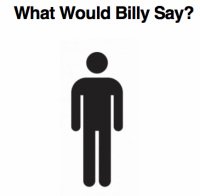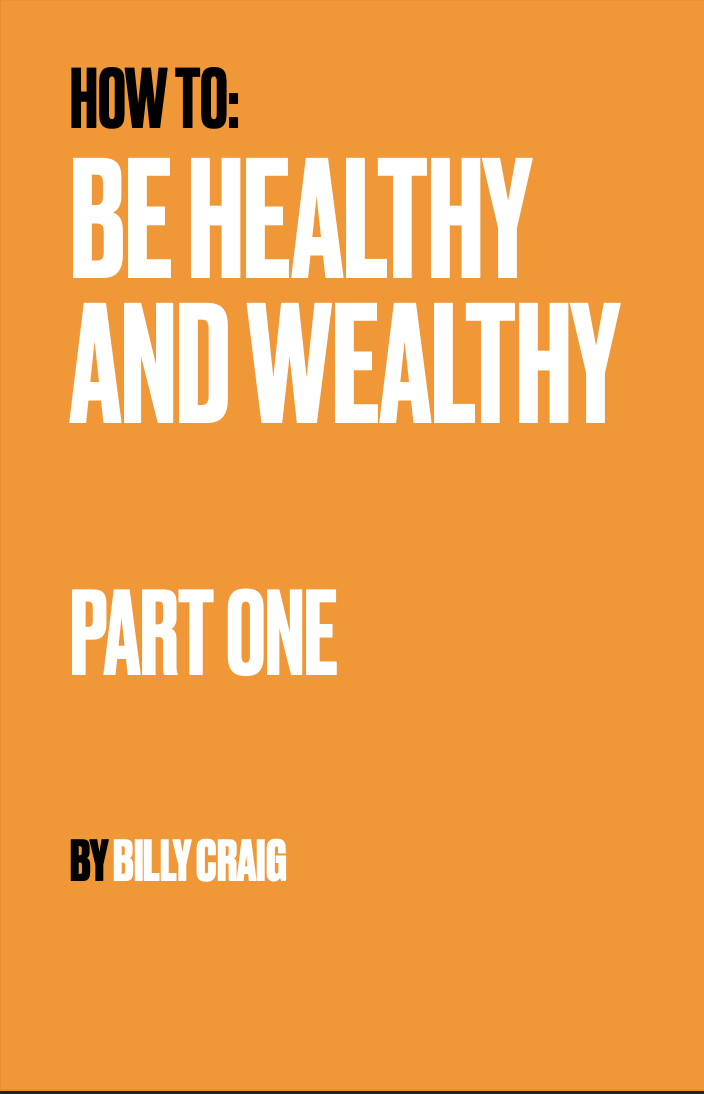How to be Healthy & Wealthy: Part One
Why Wealth?
As a health researcher, why have I decided to write a book that also discusses wealth?
Famously, in 1860 the American Philosopher Ralph Waldo Emerson wrote:
”The first wealth is health,” American philosopher Ralph Waldo Emerson wrote in 1860.”
Emerson’s quote reminds us that the foundation upon which to we build, a life, a community, an economy, is good health.
To the average onlooker, humanity has made great strides, with the development of medical techniques, medicines and vaccines that allow us to live longer, but whether this ability to maintain la degree of longevity translates into healthier lives is debatable.
Developments such as increased access to clean water and sanitation paved the way for better health, aspects which Ivan Illich and epidemiologists such as Thomas McKeown (1; 2; 3) concluded was due to nutrition, sanitation, and housing being more important determinants of health outcomes.
Historical study of the evolutionary patterns of disease provides evidence that doctors during the last century have had little effect upon epidemics, as may have been seen during the covid crisis starting in late 2019. Illich felt that doctors have had no more profound impact than did priests may have had before that advent of the industrial medical complex.
While this may seem at odds with the rise of medical technology, Illich felt that;
”...doctors deploy themselves as they like, more so than other professionals, and they tend to gather where the climate is healthy, where the water is clean, and where people are employed and can pay for their services.”
yet one must consider what we define as “health” or “healthy” and the observation by Illich that the founders of the NHS were naïve to believe a free at point of care healthcare system would result in a healthier society, and thus less demand for its services. His term ‘Sisyphus syndrome’, meant that the growth access to “healthcare” within a population, would cause a greater its demand for such “care”. Social iatrogenesis’ described the medicalisation of Western society:
“...medical practice sponsors sickness by reinforcing a morbid society that encourages people to become consumers of curative, preventive, industrial, and environmental medicine.”
As many may be aware the pharmaceutical industry is enthusiastically supported by the medical profession, which itself benefits from this medicalisation. Illich discussed:
“To promote Valium, Hoff-LaRoche spent $200 million in ten years and commissioned some two hundred doctors a year to produce scientific articles about its properties.”
Many will be aware of the vast monies spent promoting medical products during the covid situation and the blocking of products which did not fit within the industries business plan. The greatest wealth is indeed our health, but industrialised nations have been schooled to believe industrial medical commodities are healthcare. Even the International Monetary Fund, in an article by David Bloom (4) discusses the role health plays in an individual or households ability to stay above or rise above the poverty line. (5)
While most of us do not live in the poorest areas, and comfort felt is surely misplaced. The higher you rank on the socioeconomic ladder, typically the better your health. This social gradient of health occurs because of many factors, such as environmental access to better quality foods, better access to open spaces, less reliance on heavy labour, but primarily an avoidance of the stresses involved in survival from a pay cheque to pay cheque. With the advent of gig economies and zero hours contracts, the disparity between those with significant wealth and those living hand to mouth has widened. As we see in the news regarding use of food banks, the scale of the problem is enormous and it will not go away without some serious changes amongst society
.
We should demand action, but protests such as Occupy Wall Street were quashed to keep the masses from realising they are being kept down. The cause is inequality in the conditions in which we are born, grow, live, work and age; along with inequities in power, money and resources that give rise to this inequality. Education, or schooling as Illich referred to it as.
As I wrote in my first book; Consistent Eating (6)
“We trust, it is in our nature to trust. From the early days in which we are schooled, we are taught to trust. . . School also teaches us to trust, especially those in authority, from policemen, right through to those that this book is pointing a finger at, scientists and policy makers.
The supposed bastions of truth, the men and women in white lab coats that seek answers on our behalf. The politicians that implement policy on our behalf and the media who so kindly inform us.
Ivan Illich published De-schooling Society in 1971, in which he described mainstream education as mass compulsory induction that prepares us for a packaged and institutionalised life, one in which we become rabid consumers, not so much of foods as is suggested, but of lifestyles and products.
We are schooled to buy into ideals that are sold by corporate entities.”
We have the evidence of what is wrong, despite the immediate current concerns of pressure on the National Health Service (NHS) little is done to address unhealthy lifestyles as a cause of ill-health because packaged healthcare is too profitable. It start in early child development, continues through school and employment, and ends with the conditions in which elderly people live out their lives surviving and typically during through any savings they may have accrued.
Much is said about attempts to level up, and we should pursue the aim of levelling up in regards to health, but it is a reasonable judgment that all social groups could have the good health if wealth was levelled up. This however would take action across the whole of society, and as we have seen throughout the covid situation, many profited unethically from “healthcare” provisions such as tests, PPE and supposedly non profit vaccines.
It is hard to envisage the one percent being willing to relinquish not only the power of the wealth inequality that benefits their needs, but also the grasp they have upon education, finance and the industrial medical complex. We must learn how to educated ourselves (7), gain the skills to research, and understand both health and wealth and the nuances that intertwine them.


